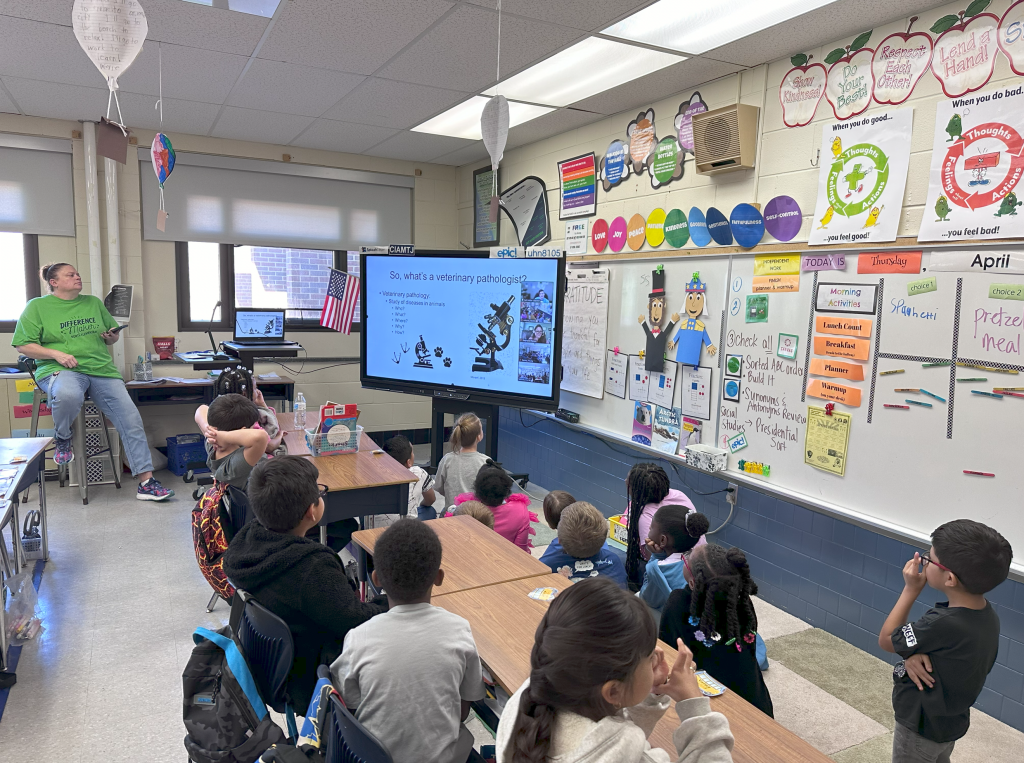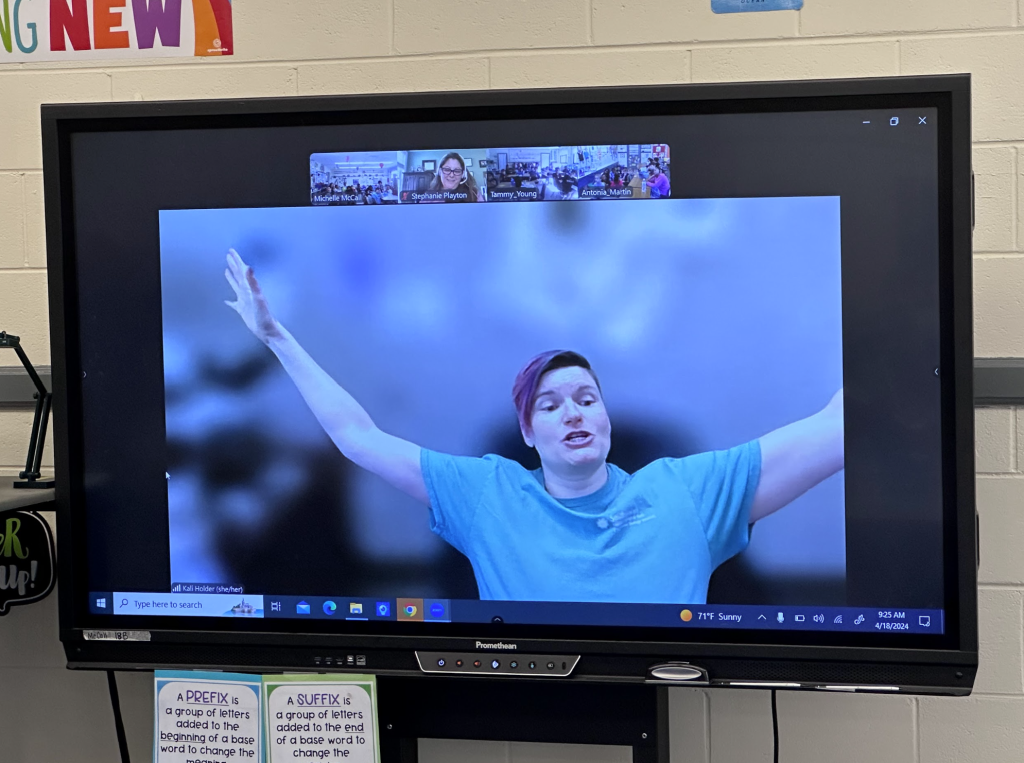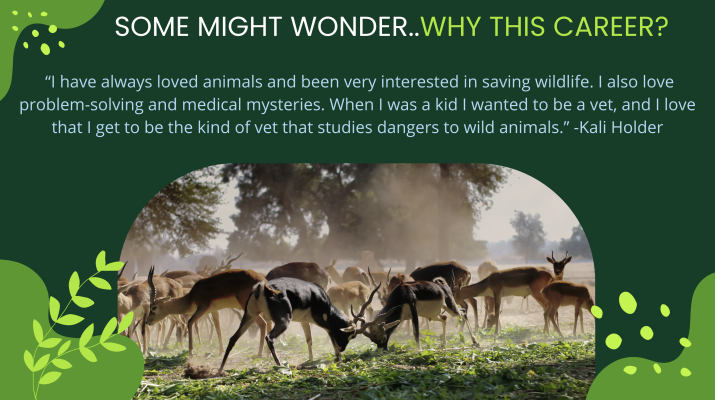Thursday, April 18th, was not an ordinary school day for second grade students at North Elementary School in Colonial Heights. Students engaged in a 30-minute session with a veterinary pathologist from the Smithsonian’s National Zoo and Conservation Biology Institute in Washington, DC – right from their own classrooms!
This opportunity was implemented through the collaboration efforts of Dr. Stephanie Playton, Longwood University and Stephanie Kliebenstein, Elementary Instructional Technology Integration Specialist. Colonial Heights is one of Longwood University’s grant partners in a Virginia Department of Education Computer Science Grant, whose deliveries include fostering soft skills (e.g., communication) and career awareness and knowledge at the elementary level. Dr. Playton reached out to Mrs. Kliebenstein in support of connecting students from Colonial Heights with this opportunity.

After identifying a grade level, a science expert was requested using the service Skype a Scientist. Since grade 2 studies animals, and it is important to present careers to students in which they can make connections to their content learning, a request was made to connect students with a scientist with an animal background. Once connected with a scientist, a pre-survey was completed in order to create an introduction video (i.e., Meet Dr. Kali Holder) that highlighted what Dr. Holder does for a living and the education and skills needed in order to be successful at that particular job. After viewing the video, students and their teachers worked on collecting five questions from each class to ask the scientist.
The day of the virtual call, approximately 50 students and 3 teachers learned about the career pathway and importance of veterinary pathologists. Dr. Kali Holder first spoke about their important work with animals and how learning about what makes them sick (or not sick) is an important part of public health. Furthermore, understanding the health and sickness of animals in human care allows for us to contribute to detection of diseases that affect animals and humans, helps us improve care of animals at the zoo that people learn from, and provides the information to fight diseases that affect animals in the wild. After learning about her work, the excitement in the classroom was palpable as students eagerly awaited to ask their questions that not only related to her work, but also her personal interests such as their hobbies in scuba diving, or owning their own animals.

While Dr. Holder was not too far away (geographically), connecting with scientists virtually provided a more diverse opportunity for students to connect with STEM careers, gain knowledge and awareness about STEM careers, and provide affordances to our youth that include making connections to their content learning and helping them ‘see’ themselves in future careers. This interaction brought science to life in a way that textbooks simply cannot.
Authorship:
Dr. Stephanie Playton is a STEM Specialist at Longwood University’s Institute for Teaching Through Technology and Innovative Practices (ITTIP). While in this role, Dr. Playton serves PK-16 students and teachers in Virginia. Dr. Playton also serves as the current Chair for the Mini-Grant Committee for GRAETC. Twitter: @STEMGal
Stephanie Kliebenstein is an Instructional Technology Integration Specialist for Colonial Heights Public Schools. This is her 16th year in education. Before her role as an ITIS, she was a Math Interventionist and a fourth-grade teacher.

